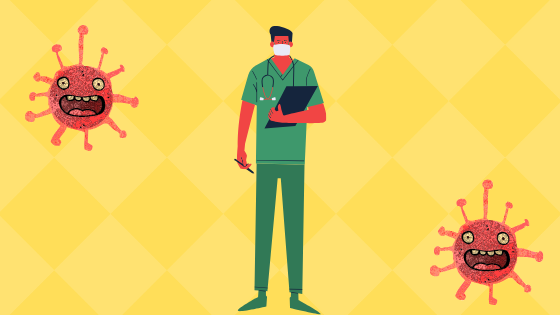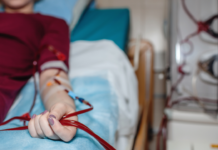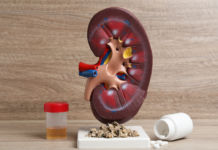Written By: Amanda Grandinetti
The views expressed here are not necessarily those of ‘The Hope’ or its sponsor Kibow BiotechⓇ, nor should it be viewed as Medical Advice – Please check with your Healthcare Provider.
COVID-19, the infectious illness caused by SARS-CoV-2 (or more commonly referred to as coronavirus), is currently a pandemic illness affecting the entire world. Coronavirus is a dangerous threat to high risk individuals. Being high risk can be scary and cause anxiety.
You may have heard that coronaviruses are normally found in humans and while this is true, the current coronavirus pandemic is not within that family of viruses. Many individuals are falsely spreading information that this illness is similar to the common cold and flu and this is also not true. COVID-19 originated from a respiratory virus that was previously only found in bats. The current coronavirus has never before been detected in humans. Humans do not have any immunity built up to make the illness less severe. Common flus and colds are constantly present in the environment; therefore, human immune systems are able to make similar antibodies to fight off infection.
COVID-19 is commonly described as affecting the respiratory system with mild to moderate symptoms, but can affect high risk populations severely, leading to lung damage and even death. There are no drugs or vaccines for coronavirus. The only treatments that can be given are supportive measures, such as the use of ventilators.
Transplant patients are no strangers to taking extra precautions to prevent common illnesses such as the cold or flu. The common cold and flu can be dangerous to transplanted individuals because these illnesses can cause impaired organ function. Additionally, the immune systems of transplant patients do not have the same strength compared to non-transplanted individuals to fight off infections. Transplanted individuals take immunosuppressive medications so that their body does not attack their transplanted organ. The same antibodies that are lowered in transplant patients are the same antibodies that would be used to fight off infections like coronavirus.
Who is High Risk?
A high risk individual is someone who is more susceptible to severe illness and may have worse outcomes (such as pneumonia or death). Examples of these individuals are:
- People 65 and older
- People who live in nursing homes or other types of long term facilities
- Chronic illnesses including but not limited to lung disease, cancer, heart disease, and chronic kidney disease
- Immunosuppressed individuals, such as those with organ transplants
It is important to know that patients who are not considered high risk can also present with severe illness and death.
Why Coronavirus is Tricky
Coronavirus is rapidly spreading because many of the infected individuals do not have symptoms. The last coronavirus infecting humans was the 2003 SARS virus. SARS typically infected individuals only when symptoms were present. This is not the case with coronavirus. Asymptomatic individuals are infecting people, which makes it nearly impossible to tell who actually is infected with the virus.
How Can I Protect Myself?
It is important to follow the advice your clinic provides. You can call your clinic to see if telehealth services can be offered to you instead of in person appointments. You can also ask if you can go to an outpatient lab if you want to limit your exposure for routine labs.
The best mechanism to keep you safe if you are high risk is social distancing. As mentioned previously, it is impossible to tell who does and does not have coronavirus. Use delivery services for groceries, do not go to large gatherings or events, and isolate yourself from individuals. Wash your hands consistently for at least 20 seconds. Do not touch your face. Wash your phone with a wipe when you enter the home after being outside. Wipe surfaces often and allow the surface to be wet for at least 10 seconds. Wipe down all items that come into your home, including fruits and vegetables. For additional guidance on disinfecting items brought into the home, check out the following video:
This Will Pass
Transplant patients are extremely resilient people who have experienced extraordinary events and have pushed themselves to the limit to stay healthy in order to have a second chance at life. The current coronavirus situation is unfortunate but luckily, transplanted patients have had the “training” to help keep themselves safe and healthy. Stay the course. This will not last forever. It is okay to be sad and your feelings are valid. Some people may feel like the coronavirus pandemic puts them back into survival mode. This is perfectly normal given the uncertainty of the situation. Make sure to reach out to friends and family over the phone or video during this time and to continue to participate in hobbies that make you happy.
Personally, I am reminding myself of the period of solitude I experienced between my first and second transplant. The situation was tragic and I was unsure if or when I would get a second transplant. I wanted so desperately to live a normal life and not be trapped inside connected to a machine. There was no way to predict when this would happen for me. My second transplant did eventually come and I did get better.
For more information specific to transplant patients that is updated frequently, check the American Society of Transplantation coronavirus guidelines.
Sponsored by: Kibow BiotechⓇ 
About The Author: Amanda Grandinetti

Amanda is a healthcare researcher and PhD student studying patient-reported outcome measures living in Chicago. Amanda is also a two time kidney transplant recipient due to FSGS. Her kidneys failed in 2012, when we was 22. She received her first kidney transplant from her friend in 2013 but ultimately it was not successful. Amanda received her second transplant, which was also from a friend, in 2014 and has been completely healthy ever since, with no signs of FSGS returning.
Consider These Articles:
Tips for Naturally Boosting Immunity While Living with Impaired Kidneys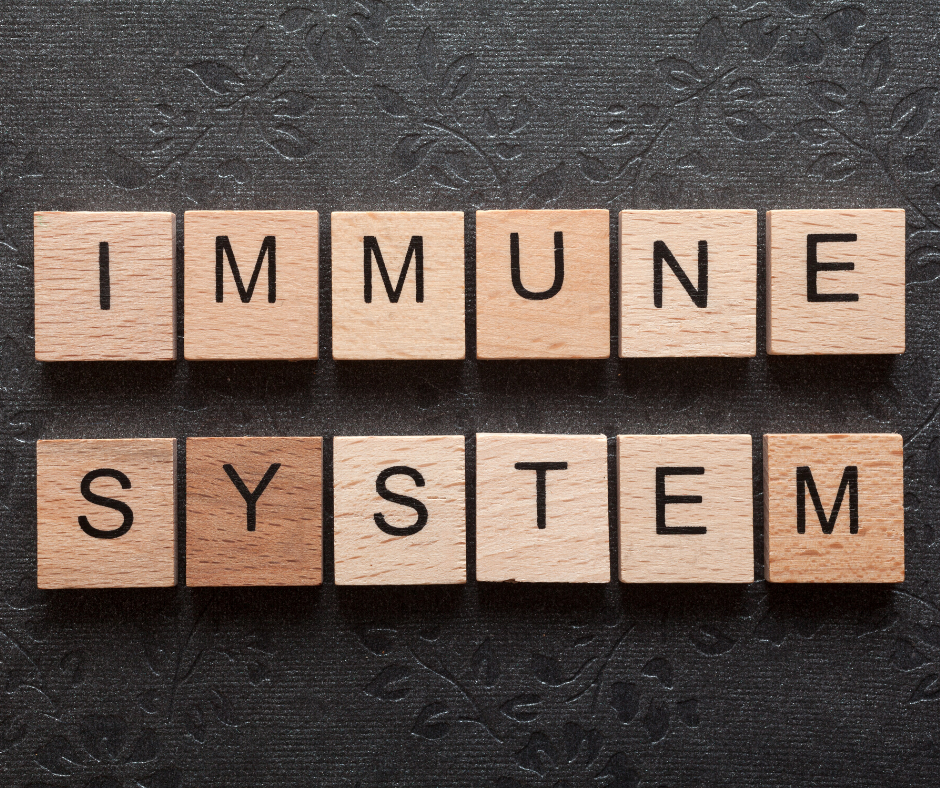
WHY WE NEED THE IMMUNOSUPPRESSION LAW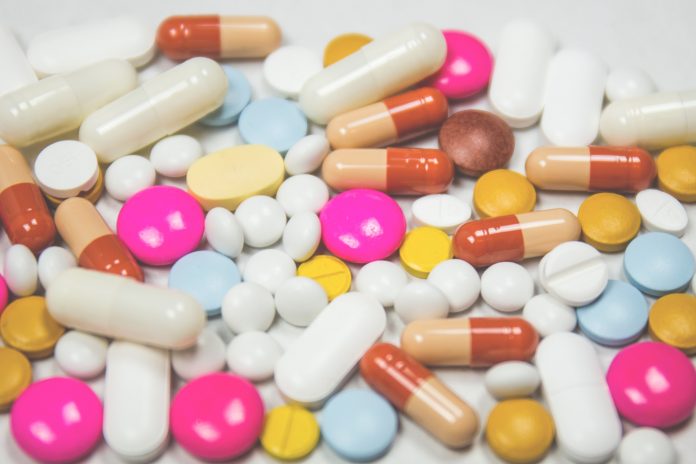
References:
- https://www.cdc.gov/coronavirus/2019-ncov/specific-groups/people-at-higher-risk.html
- https://www.medicinenet.com/severe_acute_respiratory_syndrome_sars/article.html

